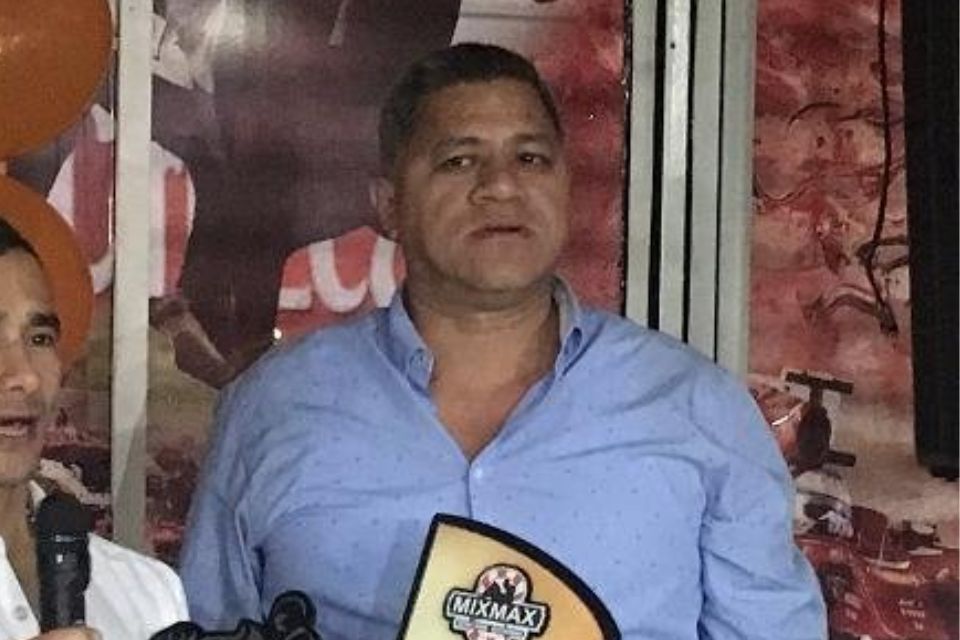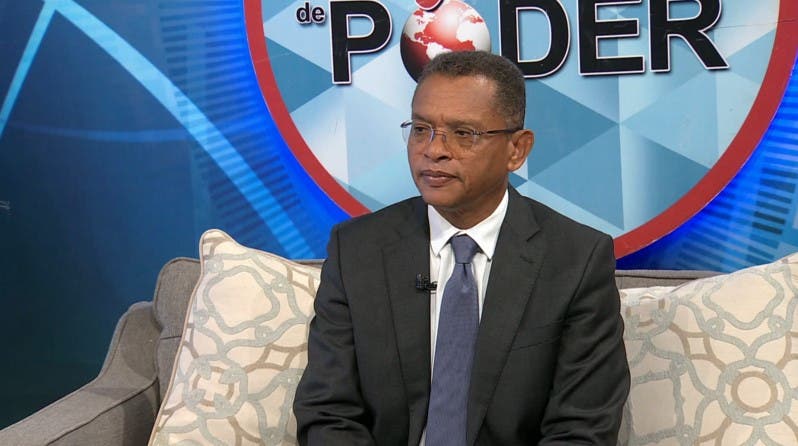
The Frente Amplio (FA) candidate, Yamandú Orsi, has positioned himself as a critical figure of the current government in his recent statements and actions.
During a press conference held in Rocha, Orsi addressed the issue of security in Uruguaypointing to differences within the governing coalition and the need for a more coherent and determined approach to the country’s criminal policy.
Orsi questioned the lack of consensus between the parties that make up the government coalition regarding security. “Some talk about a security emergency, and others don’t,” he said, highlighting the disparity in the opinions and approaches of the different parties. In his opinion, in order to adequately address security, it is essential that there be “levels of agreement” between the political forces. “We must be clear about where we are going. The government parties are in a huge mess,” he said, stressing the need for clarity and unity in security policies.
The Frente Amplio candidate also suggested that the next government should implement a “determined criminal policy.” In his speech, he stressed the need for a review of the penal system, mentioning the possibility of “retouching” the Penal Code as part of a broader approach to improve justice and prison management in the country. According to Orsi, the solution to security problems does not lie in isolated measures, but in a “level of agreement in society” that allows for the implementation of effective and sustainable policies.
At a campaign event in Rivera, Orsi took the opportunity to criticize the management of President Luis Lacalle Pou, stating that the State “has withdrawn” from Uruguay, leaving the people “helpless.” These statements come within a context of growing criticism of Orsi by various political sectors, who have questioned his refusal to participate in forums and debates with other presidential candidates.
During his tour of Minas and Rivera, Orsi reiterated his criticism of the current state, highlighting the impact of the cutback policies implemented by the government.
According to the candidate, these policies have negatively affected key areas such as education and health. “That is why they have withdrawn from some clinics, because they do not attend to us and there are no medicines, because in reality what they decided at the beginning was to cut everything because they had to save and reduce the deficit,” he said. Orsi stressed that not all areas of government can be treated in the same way when it comes to budget cuts, and emphasized that education and health must be a priority.
At the same event, her running mate, Carolina Cosse, also launched criticism of the current government, urging institutions to “do what they have to do.”
According to Cosse, before thinking of “wonderful solutions”, it is essential that institutions fulfil their responsibilities towards the population. This position reflects the strategy of the FA to focus its campaign on a discourse of criticism of the current administration, while positioning itself as a viable and committed alternative for the next elections.
However, Orsi’s strategy of avoiding debates and forums has generated controversy, especially among the business community. Traditionally, these events have been an opportunity for candidates to present their proposals and engage in direct dialogue with the country’s economic sectors.
Orsi’s absence from these spaces, which contrasts with his participation during the campaign leading up to the primaries on June 30, has been viewed with concern by some sectors.
One of the most recent events in which Orsi is expected not to participate is the presentation of the Confederation of Business Chambers at the Expo Prado. This event, which has historically had the participation of all candidates, could see Orsi’s chair empty, which has generated comments from the business community.
“Everyone always goes there, it would be a disgrace if I didn’t go,” business sources commented. Despite this, the decision not to attend is already taken by the left-wing coalition.
Lacalle also pointed against Orsi
President Luis Lacalle Pou has also been a vocal critic of Orsi’s stance, stating that “one can go through life without speaking, without committing and without debating.” Lacalle Pou contrasted his own stance with Orsi’s, stressing the importance of speaking and committing in political activity.
“One can go on without saying anything. Obviously, when one speaks and makes a commitment, one is a slave to those words.”said the president, highlighting his commitment to transparency and dialogue during his term.


















